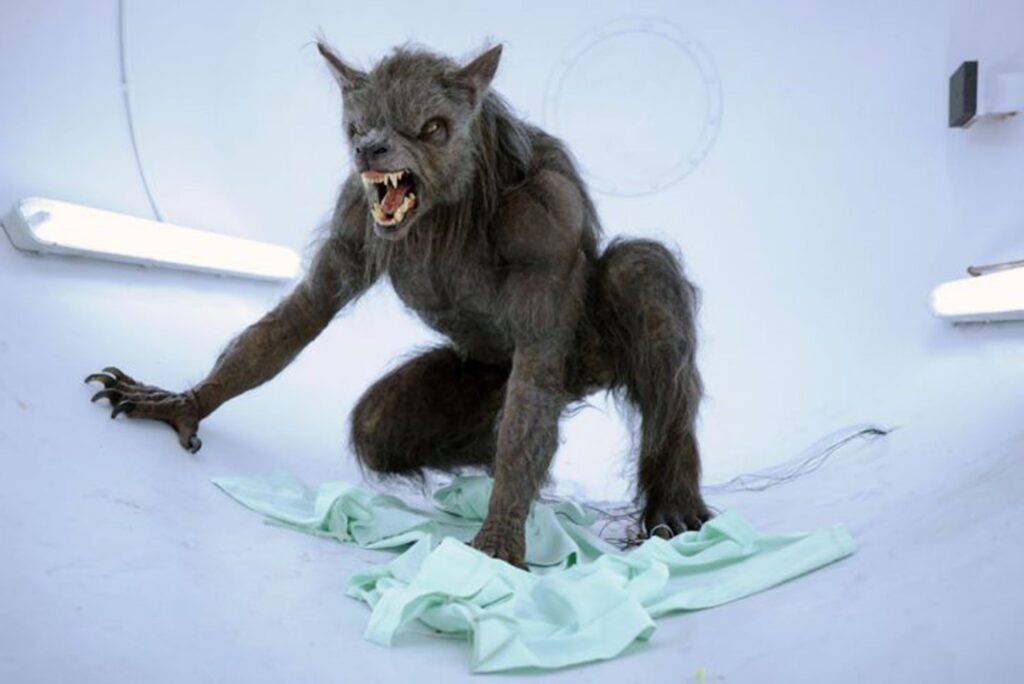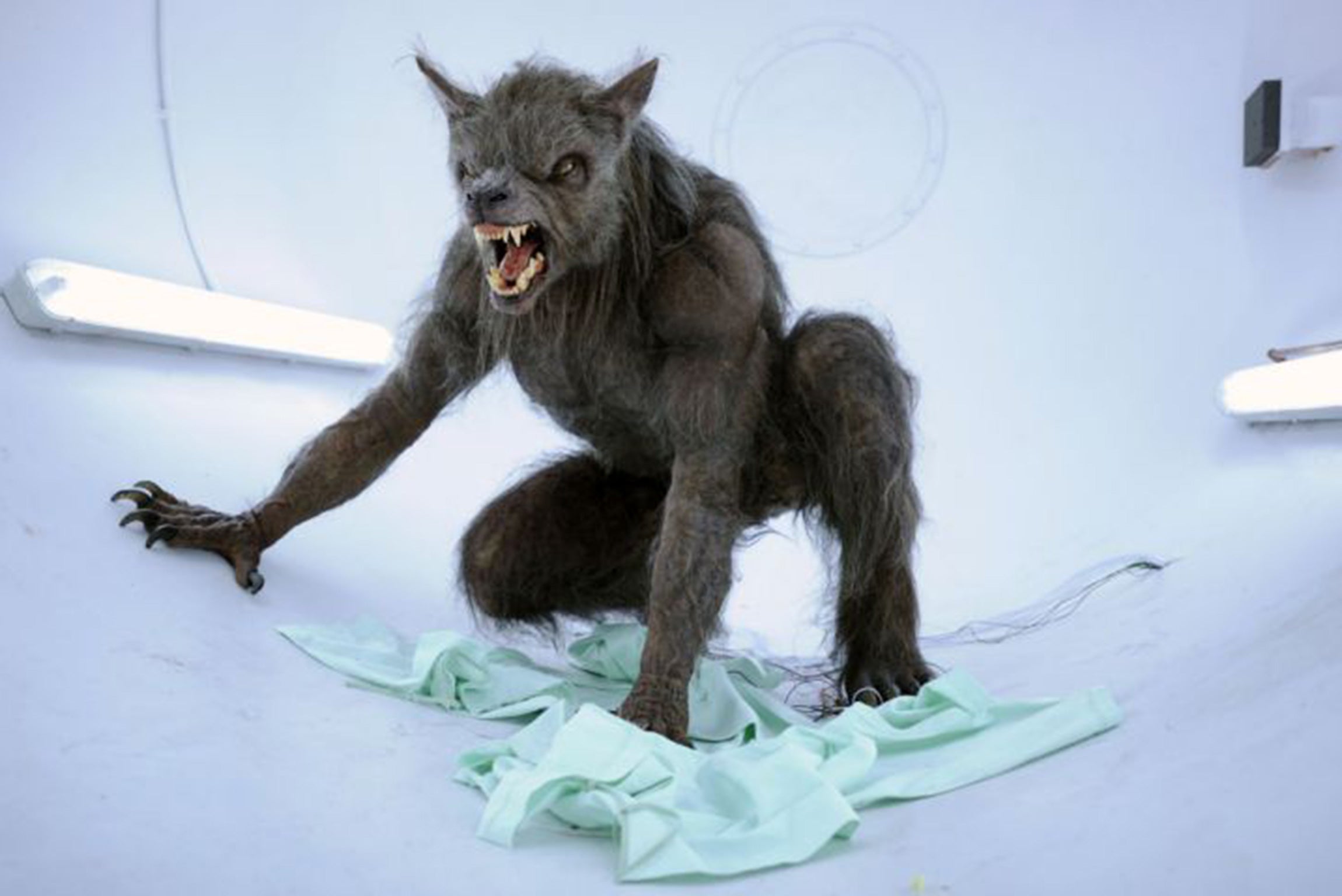
Did Bill Weasley Become a Werewolf? Unraveling the Truth Behind the Scar
The Harry Potter series is filled with moments of intense action, bravery, and heartbreaking loss. Among the many characters that fans have grown to love is Bill Weasley, the eldest of the Weasley siblings. A handsome and adventurous wizard, Bill works for Gringotts Bank as a curse-breaker, a job that takes him to far-flung locations and puts him in considerable danger. However, a pivotal event in Harry Potter and the Half-Blood Prince raises a significant question: did Bill Weasley become a werewolf after being attacked by Fenrir Greyback? This article delves into the details of the attack, its consequences, and the definitive answer to this frequently asked question.
The Attack: A Night of Terror at Hogwarts
The night that Fenrir Greyback attacked Bill Weasley is etched in the minds of many Harry Potter fans. During the Battle of the Astronomy Tower, Death Eaters infiltrated Hogwarts with the aid of Draco Malfoy. In the ensuing chaos, Bill Weasley was brutally attacked by Fenrir Greyback, a notorious werewolf known for his savagery and his desire to infect as many people as possible with lycanthropy. The attack occurred before Greyback was fully transformed, which plays a crucial role in understanding the aftermath.
Fenrir Greyback: A Werewolf Unlike Others
Fenrir Greyback is perhaps one of the most terrifying characters in the Harry Potter universe. Unlike other werewolves, such as Remus Lupin, who are remorseful about their condition and seek to control their transformations, Greyback revels in his lycanthropy. He actively seeks to bite and infect others, aiming to create more werewolves and spread chaos. His lack of remorse and his deliberate targeting of children make him particularly heinous. The terror he inspires is a key component of the fear surrounding werewolves in the wizarding world.
The Immediate Aftermath: Uncertainty and Fear
Following the attack, the Weasley family and their friends were understandably distraught. Bill was severely injured, and the immediate concern was whether he would become a werewolf. Molly Weasley, in particular, was beside herself with worry. The uncertainty surrounding Bill’s fate hung heavy in the air, as everyone knew the implications of becoming a werewolf. The social stigma and the physical transformations were daunting prospects.
Molly Weasley’s Concern: A Mother’s Love
Molly Weasley’s reaction to Bill’s attack highlights her deep love and concern for her children. Her immediate fear was that Bill would suffer the same fate as Remus Lupin, forced to live on the fringes of society and endure painful transformations each month. This maternal anxiety underscores the gravity of the situation and the pervasive fear surrounding lycanthropy. Her actions demonstrate a mother’s unwavering support during a time of crisis.
The Definitive Answer: Bill Weasley’s Condition
So, did Bill Weasley become a werewolf? The answer, according to J.K. Rowling, is no. While the attack by Fenrir Greyback did leave lasting scars, Bill did not become a full werewolf. This is because Greyback was not in his transformed state at the time of the attack. As Remus Lupin explains in the series, only a bite from a fully transformed werewolf can transmit lycanthropy. Since Greyback was in human form, albeit a particularly savage one, the attack did not turn Bill into a werewolf.
The Significance of Greyback’s Form
The distinction between being attacked by a transformed werewolf and an untransformed one is crucial. Lycanthropy is transmitted through the bite of a werewolf during their transformed state. When a werewolf is in human form, their bite does not carry the same infectious properties. This detail is often overlooked but is essential to understanding why Bill Weasley did not become a werewolf. The difference underscores the specific conditions required for the transmission of the curse.
The Lasting Effects: Scars and Personality Changes
Although Bill Weasley did not become a werewolf, the attack was far from inconsequential. He suffered severe scarring from the encounter, and the attack had noticeable effects on his personality. Bill became more rugged and developed a preference for steak that was practically raw, reflecting a primal shift in his tastes. These changes underscored the trauma he experienced and the lasting impact of the attack.
Fleur Delacour’s Unwavering Love
One of the most heartwarming aspects of Bill’s ordeal was the unwavering support he received from his fiancée, Fleur Delacour. Despite the scarring and the changes in his personality, Fleur remained steadfast in her love for Bill. Her declaration that she loved him for who he was, inside and out, became a powerful testament to the strength of their relationship. This moment highlights the theme of unconditional love that runs throughout the Harry Potter series.
The Broader Implications: Lycanthropy in the Wizarding World
The incident involving Bill Weasley sheds light on the broader issue of lycanthropy in the wizarding world. Werewolves are often marginalized and discriminated against, facing significant social stigma. Characters like Remus Lupin exemplify the challenges faced by werewolves, who struggle to find acceptance and employment. The fear and prejudice surrounding lycanthropy are significant themes explored in the series.
Remus Lupin: A Symbol of Prejudice
Remus Lupin’s character serves as a poignant representation of the prejudice faced by werewolves. Despite being a kind and talented wizard, Lupin is often treated with suspicion and fear due to his condition. His struggles to find work and his reluctance to reveal his lycanthropy highlight the pervasive discrimination that werewolves face. His story is a powerful commentary on the importance of empathy and understanding.
Conclusion: Bill Weasley’s Resilience and the Power of Love
In conclusion, while Bill Weasley endured a horrific attack by Fenrir Greyback, he did not become a werewolf. The attack left him with scars and some personality changes, but it also highlighted the resilience of his character and the strength of his relationship with Fleur Delacour. The incident underscores the importance of understanding and compassion in the face of fear and prejudice. Bill Weasley’s experience serves as a reminder of the lasting impact of trauma and the power of love to overcome adversity. The question of whether Bill Weasley became a werewolf is definitively answered: he did not, but the scars he bears are a testament to the battles fought and the love that sustained him. Did Bill Weasley become a werewolf? No, he remained a brave wizard, scarred but unbroken. The attack, while brutal, did not turn Bill Weasley into a werewolf. It is important to remember that the curse of lycanthropy is only transmitted by a werewolf in their transformed state. The attack on Bill Weasley serves as a powerful reminder of the dangers faced by those fighting against the dark arts. The question of “Did Bill Weasley Become a Werewolf?” is frequently asked by fans, and the definitive answer is no. The wounds Bill Weasley sustained were severe, but they did not result in lycanthropy. The fact that Bill Weasley did not become a werewolf is a crucial detail in understanding the events of the Half-Blood Prince. The attack by Fenrir Greyback on Bill Weasley is a pivotal moment in the series. Though he was scarred, Bill Weasley did not become a werewolf. Many fans wonder if Bill Weasley became a werewolf after the attack, but the answer is no. The incident involving Bill Weasley highlights the dangers of the Second Wizarding War. Despite the severity of the attack, Bill Weasley remained a strong and capable wizard. The debate over whether Bill Weasley became a werewolf continues among fans, but the canon answer is clear. The resilience of Bill Weasley after the attack is a testament to his character. The love between Bill Weasley and Fleur Delacour is a powerful symbol of hope. Understanding the specifics of the attack on Bill Weasley is essential for grasping the nuances of the Harry Potter series. The question of “Did Bill Weasley Become a Werewolf?” is definitively answered by J.K. Rowling: no, he did not.

